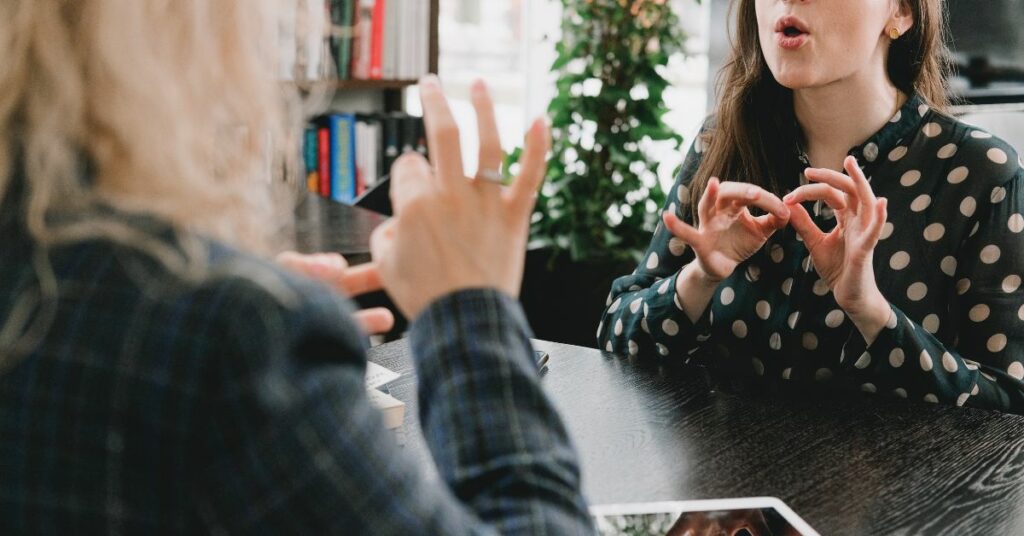What characteristics come to mind when you think of a world-renowned chef, reality TV show host, CEO, entrepreneur, former Prime Minister or world-champion sports coach? What if I told you they all have something in common? You might be surprised to learn that they all have hearing loss.
In 2022, four million Australians have hearing loss to some degree. Many remain silent, like these celebrities. However, the silence from these high achievers, as well as members of the community who have hearing loss and “hide” in plain sight, contribute to the stigma around deafness that so many people are trying to fight.
In the age of mass media and information available at the click of a button, high-profile people with hearing loss have every opportunity to explain to everyday Australians the challenges they have overcome to reach their potential. One would think these celebrities and leaders would be proud of their hearing devices and proud to highlight their achievements in the face of adversity. So why are they hesitant?
For many young people with hearing loss, finding a role model who has achieved their potential sends a powerful message that they can do the same. Having someone vocalise on a public platform that they understand what you’re going through – especially when you feel even your own family and friends, no matter how hard they try, are struggling – is empowering, and makes something that can feel so isolating feel ‘normal’.
So why have so many public figures chosen to stay silent about their hearing loss? Is it because of the ongoing stigma that is attached to those who live with hearing loss, and the opportunities that may be missed because they – unjustly – seem unfit for the role?
It has been seen by many deafness sector charities, such as The Shepherd Centre, that when reaching out to find a role model to give our children hope, our responses are often met with “I don’t like to highlight my hearing impairment”. You can’t help but think, why? Celebrities so often openly talk about their cancer diagnosis, physical disability, or even their vision loss, but it seems to be that deafness is not spoken about at all.
A lack of representation continues the narrative that comes with hearing loss, especially amongst young people. It sets the tone that they are alone, and that having hearing loss is something to be ashamed of.
These celebrities may be role models in their fields, but to the millions of Australians with hearing loss, of which thousands are children, they are subconsciously sending this message.
I encourage everyone with a hearing loss – including those who wear hearing aids or cochlear implants, or those that use Auslan as their language – to #ownmydeafness so that the millions of Australians who are in silence, especially the young, can join in the celebration of achievement and look to reach their full potential.
To these celebrities, large or minor, your hearing loss is a power. You have an opportunity to show our young people and fellow Australians who may be struggling with hearing loss stigma, that there is so much courage and resilience that comes with hearing loss, and this power will help them to achieve whatever they put their minds to.
After all, the greatest gift in life is giving one hope.
Related: The Shepherd Centre welcomes $6.5 million in funding to improve care for children with hearing loss
David was born with profound hearing loss and wears two hearing aids since birth. He has a Master of Science and Graduate Diploma in Project Management. He is a member of The Shepherd Centre Executive Management team, a not for profit national organisation providing support for deaf children 0-18 years of age and their families. As a volunteer he is the 7th Chairperson of Deafness Forum of Australia and is the national public voice for the deafness sector.
- David Bradyhttps://thirdsector.com.au/author/david-brady/











